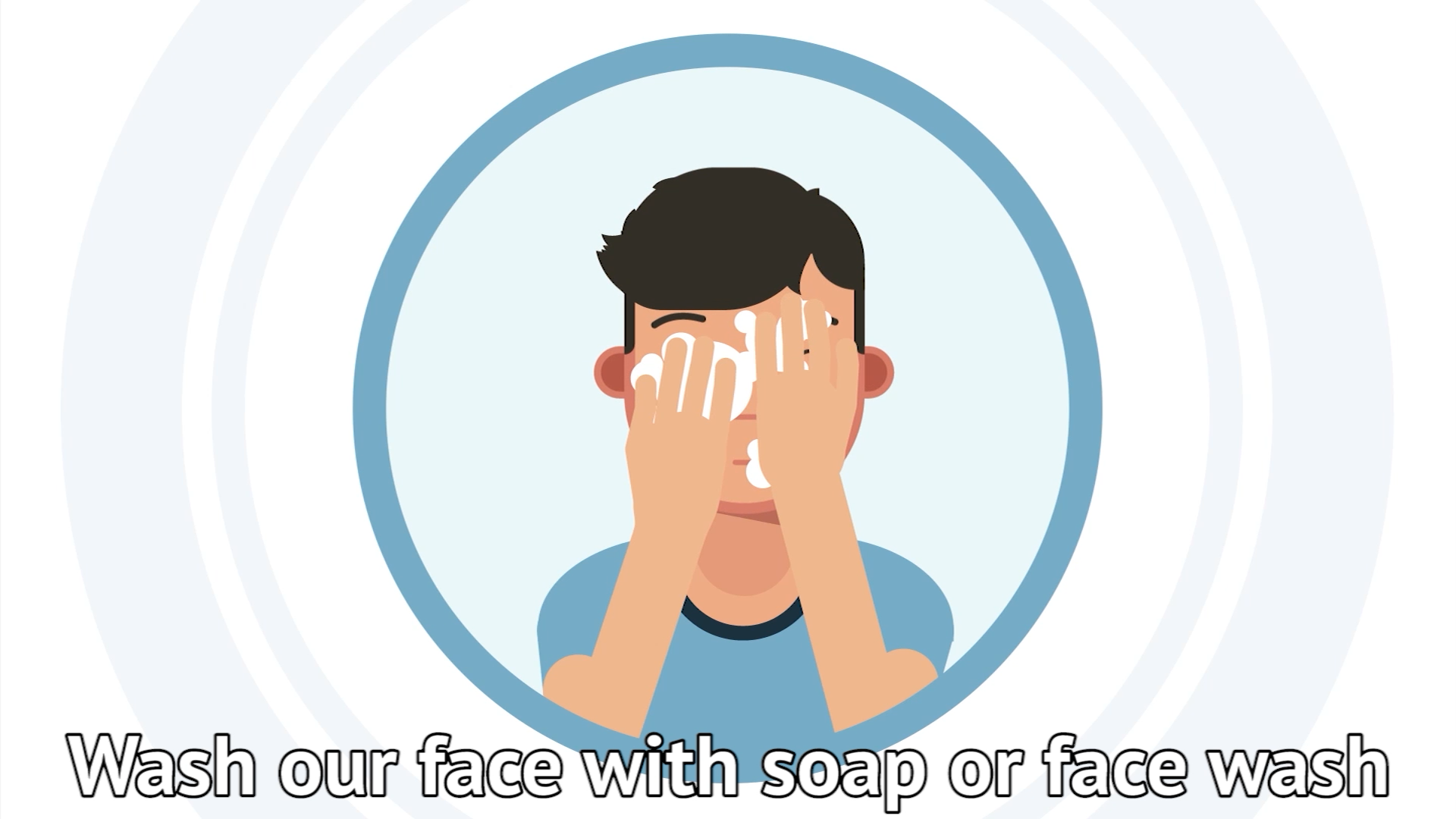
Hygiene is a crucial aspect of our daily lives, and teaching good hygiene practices to high school students is essential for their overall well-being and social interactions. This blog post will discuss how to incorporate principles of social-emotional learning into teaching hygiene, offer a no-prep activity for educators, provide discussion questions, and suggest related skills for students. We’ll also guide you on how to access free sample materials on this and other relevant topics.
Introduction
Good hygiene is vital for maintaining a healthy lifestyle and fostering positive social interactions. High school students, in particular, need to understand the importance of daily hygiene practices as they navigate through adolescence and face various social situations. By incorporating principles of social-emotional learning, educators can help students develop self-awareness, self-management, and social awareness, all of which contribute to the establishment of good hygiene habits.
No-Prep Activity
This no-prep activity, called “Hygiene Detective,” requires no additional materials or preparation from the educator. It aims to help students become more aware of their hygiene habits and encourages them to maintain good hygiene practices daily.
- Divide the students into small groups of 3-4 members.
- Ask each group to discuss and list the hygiene practices they follow each day, such as washing hands, brushing teeth, and wearing clean clothes.
- Request each group to choose one member to act as the “Hygiene Detective” for a week, who will observe and gently remind their group members to follow good hygiene practices daily.
- At the end of the week, reconvene the class and ask students to share their experiences as a “Hygiene Detective” and discuss the challenges and successes they encountered.
This activity fosters self-awareness, self-management, and social awareness among students while promoting the importance of good hygiene.
Discussion Questions
Use these discussion questions to stimulate further conversation about the importance of good hygiene and its role in social-emotional learning:
- Why is having good hygiene important for our overall well-being and social interactions?
- What are some consequences of poor hygiene, both for the individual and those around them?
- How can we encourage and support each other in maintaining good hygiene habits?
- What challenges do you face in maintaining good hygiene, and how can you overcome them?
- How can practicing good hygiene contribute to a positive school environment?
Related Skills
Teaching good hygiene practices to high school students also helps them develop other essential skills, such as:
- Time management: Managing daily routines and incorporating good hygiene habits requires effective time management skills.
- Responsibility: Taking care of one’s hygiene is a personal responsibility that contributes to overall health and well-being.
- Empathy: Understanding the impact of our hygiene on others helps develop empathy and fosters a caring, supportive environment.
- Communication: Discussing and sharing experiences related to hygiene encourages open communication and promotes a healthy dialogue on the topic.
Next Steps
To help your high school students understand the importance of good hygiene and its connection to social-emotional learning, sign up for free sample materials at Everyday Speech. These resources will provide you with valuable tools and activities to incorporate into your lessons and support your students’ development.

